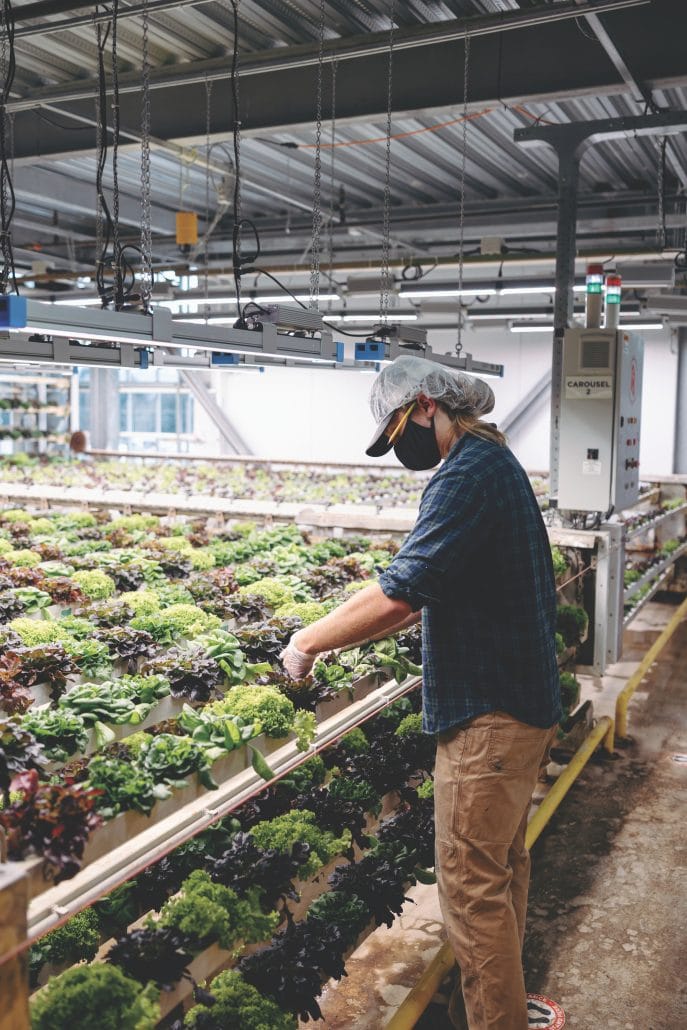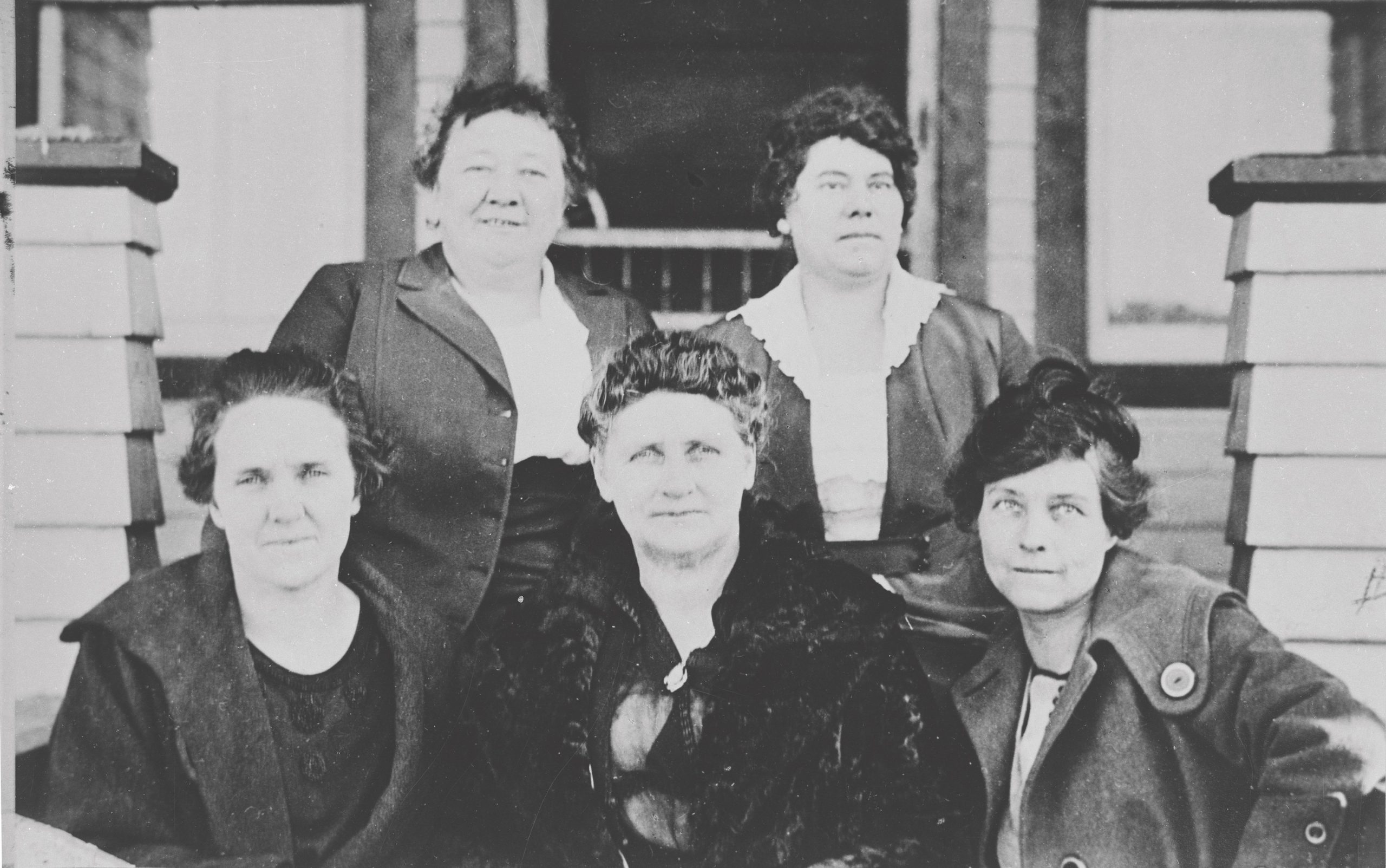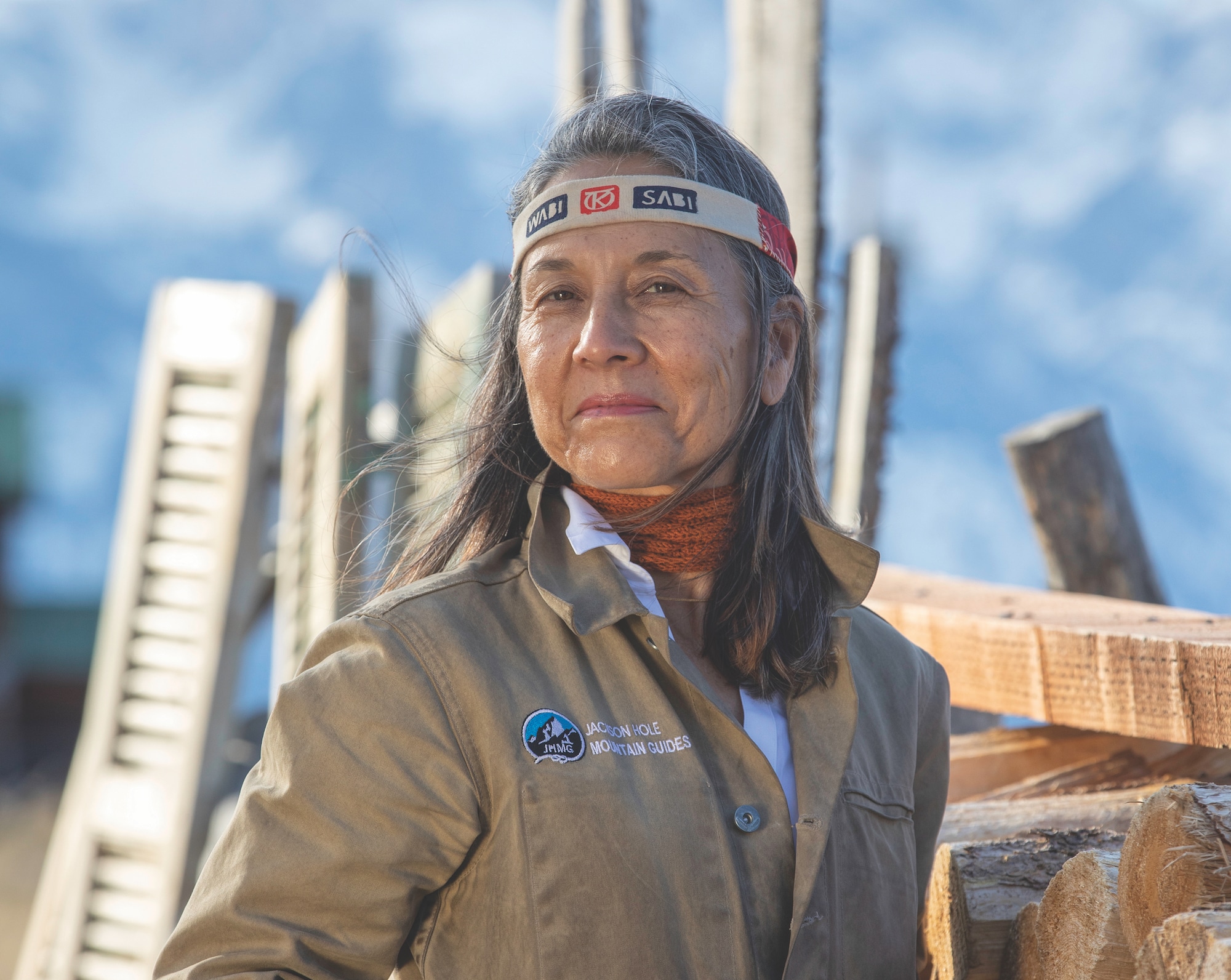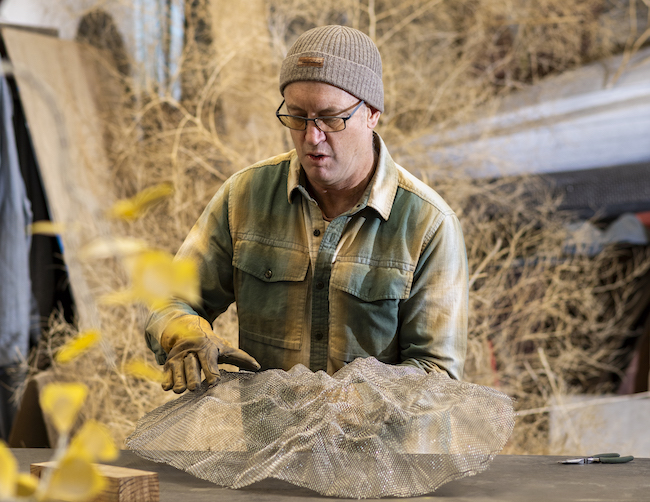Hydroponic urban farm in Jackson cultivates produce — and livelihoods
20 Sep 2021
Vertical Harvest concept serving as a blueprint for projects in urban centers throughout the country
Summer/Fall 2021
Written By: Michelle DeLong | Images: Lara Agnew
Nona Yehia, cofounder and CEO of Vertical Harvest, Jackson’s only hydroponic urban farm, is no stranger to the intersection of adversity and innovation. For starters, she figured out a way to grow vegetables year-round in Jackson, where winter temperatures often hover well below zero degrees.
And she pioneered the design of a vertical farm that could grow 5 acres worth of produce in a repurposed parking garage. Even more miraculously, she started it all during the 2008 economic recession. When we last spoke to Nona for the 2017 issue of JHStyle Magazine, she told us, “[In 2008] there wasn’t much work for anyone, which is when, interestingly enough, I think innovation flourishes — when there are huge constraints.” Her words deeply resonate in the era of COVID-19. As businesses shuttered in response to the pandemic, Nona knew she needed to figure out how to keep her business running; her employees safe, yet working; and her clients supplied with delicious, organic, and nutrient-rich food. “Our ability to think about problems in unique ways allowed us to keep our greenhouse open,” Nona says. That ability to think outside the box and innovate, not only kept Vertical Harvest in business, but provided the Jackson community with food during a time when grocery store shelves lay bare and dining options were limited. As in any city or town across the county, seniors, caretakers, and other vulnerable populations faced enormous risk by simply going to the grocery store and fulfilling their basic needs. In response, Vertical Harvest began offering boxes of vegetables with curbside pickup options. And in May 2020, they expanded their microgreen production to a commercial scale so they could begin selling in grocery stores and fill shelves with nutritious options. In addition to keeping the community well fed, Nona was able to keep her staff working safely throughout the pandemic. This component was crucial, as one of Vertical Harvest’s core values is the employment of people with different abilities who are often overlooked by society. This aspect of the company’s mission is something Nona is personally passionate about. She grew up with a beloved brother who had different abilities and noticed that while her brother received support throughout his education, he was left without many options for meaningful work once his schooling was finished. To that end, in the fall of 2020 Nona was featured among CNN’s Champions for Change with a description that read, “Architect Nona Yehia has developed a way to cultivate produce — and livelihoods — on a mass scale with minimal space. Vertical Harvest strives to hire employees with special needs, providing meaningful work and reaping strong returns in tangible and intangible ways.” That recognition means a lot for a small-town company that was, at the time, just 12 years old. And it speaks volumes about Nona’s drive and innovation — two qualities that pushed her to use her experience in architecture and design to solve social issues in ways that are both aesthetic and intuitive. When she imagined the Vertical Harvest space, Nona designed it to accommodate a work force with different abilities — for example, the urban farm’s iconic “living walls” rotate so that the plants come to the farm workers. Nona says, “The biggest thing we’ve achieved is the empowerment of our employees. People who once had few opportunities for upward mobility in their jobs are now managing teams of people, and they’ve been able to achieve so much … We are extremely proud of our farmers turning into essential workers. My staff ran the greenhouse tirelessly, making sure our community had access to organic food at scale.”
The Vertical Harvest concept and design has resonated across the world; incredibly, a converted parking garage in a tiny mountain town is now serving as a blueprint for projects in urban centers throughout the country. Nona herself plans to use the Vertical Harvest model to build 10 to 15 greenhouses in the next five years, with plans to break ground on a greenhouse in Portland, Maine in summer 2021. The Portland greenhouse will seek to solve yet another social issue: affordable workforce housing. The Portland greenhouse will be collocated with affordable housing units for the company’s workforce, addressing what Nona views as a community’s fundamental rights: good food, meaningful work, and housing security. This idealistic model of community resiliency has attracted the attention of countless city planners, government officials, and community activists — the demand for the Vertical Harvest concept is almost overwhelming. If the capability to grow food in an urban environment where healthy, nutrient-dense food can’t ordinarily grow seemed important pre-pandemic, now it seems invaluable.
Nona says, “The pandemic really shed light on how meaningful employment is, and it showed what our underserved populations are capable of, even in the darkest times.” For Nona, the returns on innovation are tangible indeed.
Nona says, “The biggest thing we’ve achieved is the empowerment of our employees. People who once had few opportunities for upward mobility in their jobs are now managing teams of people, and they’ve been able to achieve so much … We are extremely proud of our farmers turning into essential workers. My staff ran the greenhouse tirelessly, making sure our community had access to organic food at scale.”
The Vertical Harvest concept and design has resonated across the world; incredibly, a converted parking garage in a tiny mountain town is now serving as a blueprint for projects in urban centers throughout the country. Nona herself plans to use the Vertical Harvest model to build 10 to 15 greenhouses in the next five years, with plans to break ground on a greenhouse in Portland, Maine in summer 2021. The Portland greenhouse will seek to solve yet another social issue: affordable workforce housing. The Portland greenhouse will be collocated with affordable housing units for the company’s workforce, addressing what Nona views as a community’s fundamental rights: good food, meaningful work, and housing security. This idealistic model of community resiliency has attracted the attention of countless city planners, government officials, and community activists — the demand for the Vertical Harvest concept is almost overwhelming. If the capability to grow food in an urban environment where healthy, nutrient-dense food can’t ordinarily grow seemed important pre-pandemic, now it seems invaluable.
Nona says, “The pandemic really shed light on how meaningful employment is, and it showed what our underserved populations are capable of, even in the darkest times.” For Nona, the returns on innovation are tangible indeed.
TIPS FOR GROWING MICROGREENS AT HOME
Tiny microgreens pack a big punch! They are quick to grow and can easily be grown indoors in extremely limited spaces. And they are dense in nutrients and have incredible flavor profiles — chances are your local fine dining establishment uses them to top anything from salmon crudo to ricotta pasta with braised lamb. Follow these tips to keep your crop flourishing!
- Different variety, different season. Many novice growers make the mistake of sowing seeds at the wrong time. Some microgreens prefer the warmth; others do well in winter. Be sure to check the seed packet to determine the right time of year to plant the seeds.
- Handle with care. Microgreens are delicate! If you’re used to growing crops like kale and carrots outdoors, be sure to treat your microgreens like you would tiny seedlings. Handle them carefully and use a spray bottle to mist them instead of using a watering can.
-
Growing food is a daily practice. These greens aren’t like the poor little cactus you’ve been neglecting — they need daily attention. If this seems overwhelming, try connecting your greens with a mindfulness practice. Take two minutes each day to check on the progress of your greens while checking in with your own mind, body, and breath.











